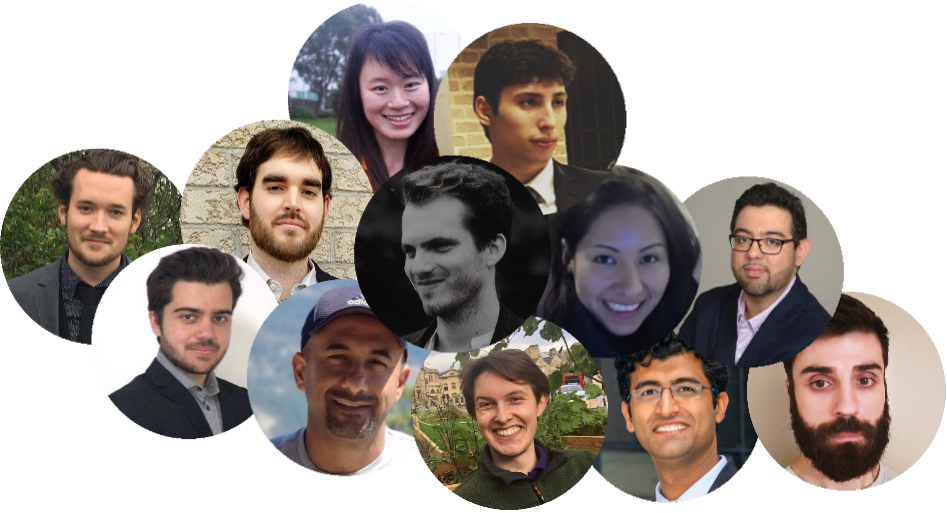Our Workshop at NeurIPS
What started as wishful thinking between like minded friends, ended up as a complete Workshop in what is probably the most important scenario for Artificial Intelligence, NeurIPS. They realized not enough attention was being paid to the emerging field that lies in between deep learning (DL) and differential equations (DE) and they wanted to provide a platform for that scientific community to be able to discuss and share ideas. In recent years, there has been a rapid increase of machine learning applications in computational sciences, with some of the most impressive results at the interface of those two fields.
These successes have widespread implications, as DEs are among the most well-understood tools for the mathematical analysis of scientific knowledge, and they are fundamental building blocks for mathematical models in engineering, finance, and the natural sciences. Now, simulations of large and highly complex chemical reactions, described with DE, can take just a few seconds with DL techniques, while they could take weeks or even months with previous methods. And on the other hand, the fact that those reactions can be described with DE, reduces by orders of magnitude the amount of data required to learn them by DL.
The workshop was only possible thanks to an incredible team with students and professors from all over the world: Stanford University, Oxford University, Rutgers, Google, Université de Sherbrooke, University of Toronto, Berkley, University of Tokio, Ontario Tech University, University of Guelph and Columbia University. It took a sustained effort of over a year that came to complete expression on December 14th 2021.
The invited speaker list was breath-taking. Neha Yadav from the National Institute of Technology Hamirpur, Weinan E from Princeton, Anima Anandkumar from Caltech, and Philipp Grohs from University of Vienna are some of the pioneers in the field. An unusually long schedule was necessary to make it possible for invited speakers from all over the world to participate, with an introduction talk at 6:45 EST and a Discussion Panel that ended up at 23:00 EST. The quality of the submitted articles exceeded the expectations of the organizers as well.
The website of the workshop is here, and the recording of the workshop is available here.
